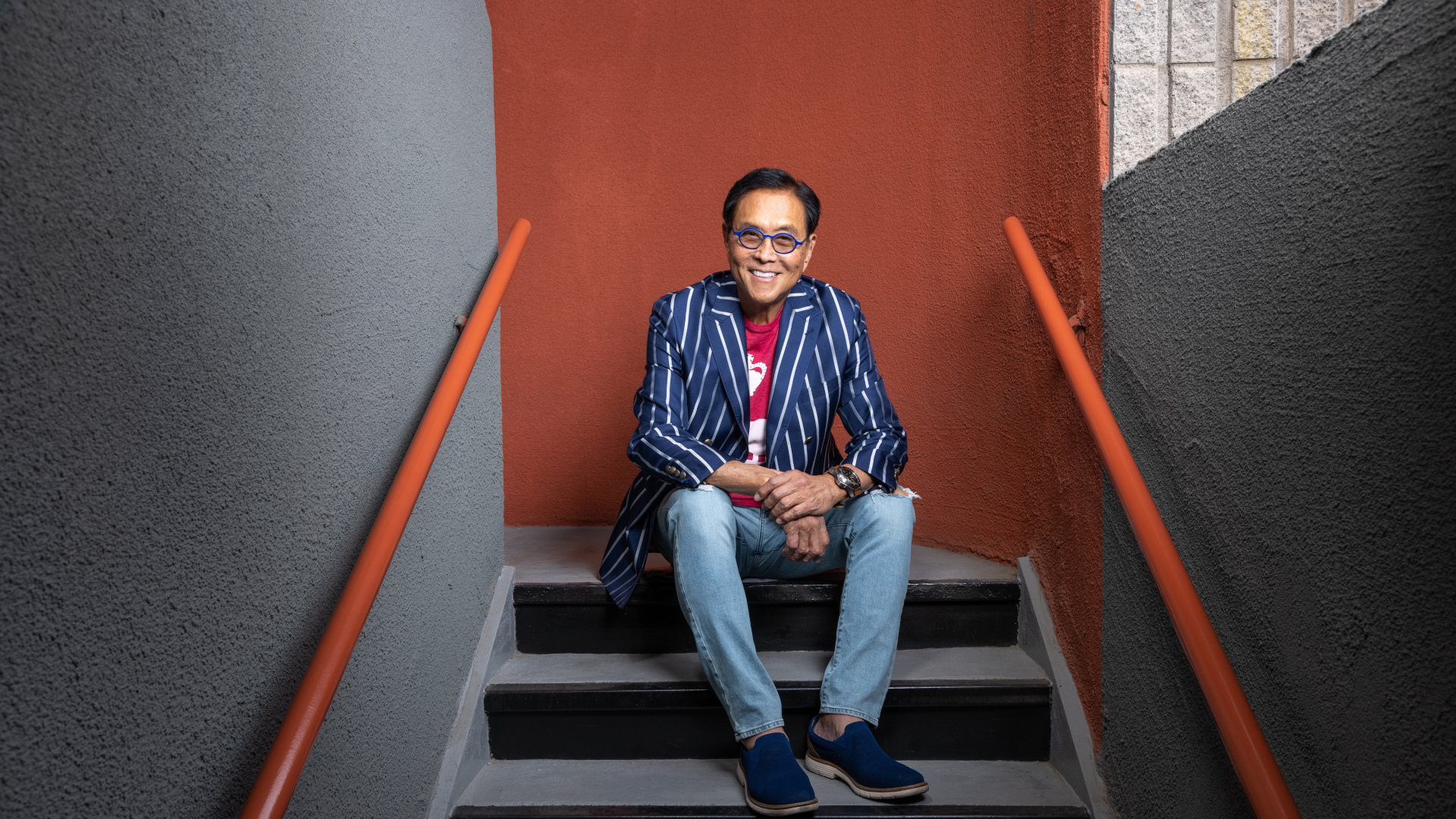
Sometimes advice is so good, it sticks around for decades and continues to inspire new generations. Many fans of Robert Kiyosaki’s “Rich Dad Poor Dad,” originally published in 1997, say the book’s lessons still apply today — perhaps now more than ever.
For You: I’m Retiring a Multimillionaire: Here’s What I Wish I Knew in My 30s
Check Out: How Much Money Is Needed To Be Considered Middle Class in Your State?
Here’s a look at three of those wealth-building lessons and what financial experts told GOBankingRates about how to make them work for your money.
1. Build Passive Income Streams
A lesson many experts appreciate from Kiyosaki is the goal of building passive income streams — assets that generate money with little ongoing effort.
Dennis Shirshikov, head of growth and engineering at Growthlimit.com and an adjunct finance professor at CUNY, said this concept goes far beyond traditional real estate or dividend income.
“Kiyosaki encouraged creating assets that work for you while you sleep,” Shirshikov said. “The digital economy has presented new vehicles: subscription-based templates, automated chatbots designed for lead generation, or licensing proprietary algorithms to niche markets.”
These types of digital assets can serve as modern interpretations of Kiyosaki’s classic advice — income-producing tools that don’t require you to trade time for money.
Explore More: Dave Ramsey: The 3 Worst Mistakes People Make When Trying To Build Wealth
2. Invest Early
Another timeless Kiyosaki lesson: Start investing as early as possible. Andrew Lokenauth, a money expert and founder of Be Fluent in Finance, said one approach is to take calculated risks.
“Most people let fear stop them from investing,” he said. “But there’s a huge difference between gambling and calculated risk-taking. I always do deep research, run the numbers carefully and have exit strategies.”
Investing early — and wisely — can be one of the most powerful ways to build long-term wealth, a concept Kiyosaki has championed for decades.
3. Prioritize Financial Education
Kiyosaki has often said that financial literacy is the true foundation of wealth. That idea remains especially relevant in today’s quickly evolving financial landscape.
“Kiyosaki extolled financial literacy as the source of wealth,” Shirshikov said. “And today’s entrepreneurs can access micro-learning platforms, podcasts, bite-sized online courses, even blockchain-verified learning tokens, to get ahead of market shifts.”
He also highlighted nontraditional paths to financial education. “You can engage in decentralized finance communities and earn governance tokens while you learn, making education a passive-yield opportunity.”
Marguerita Cheng, a certified financial planner and CEO of Blue Ocean Global Wealth, said that if the United States wants to improve financial outcomes for its citizens, schools would ideally play a bigger role in teaching financial literacy.
“All too often, discussions about money are uncomfortable, so we avoid the topic altogether,” Cheng said. “I tell my family that when we can manage our time, health, money and emotions — there’s no limit to what we can accomplish.”
Looking to build a legacy? Check out our Life to Legacy guide for expert advice and smart moves you can make today.
More From GOBankingRates
- 5 Steps to Take if You Want To Create Generational Wealth
- I'm a Financial Advisor: My Clients Who Retire Early All Do These 3 Things
- 4 Things You Should Do if You Want To Retire Early
- Dave Ramsey: The 3 Worst Mistakes People Make When Trying To Build Wealth
This article originally appeared on GOBankingRates.com: 3 Ways Robert Kiyosaki’s ‘Rich Dad Poor Dad’ Lessons Still Apply Today







